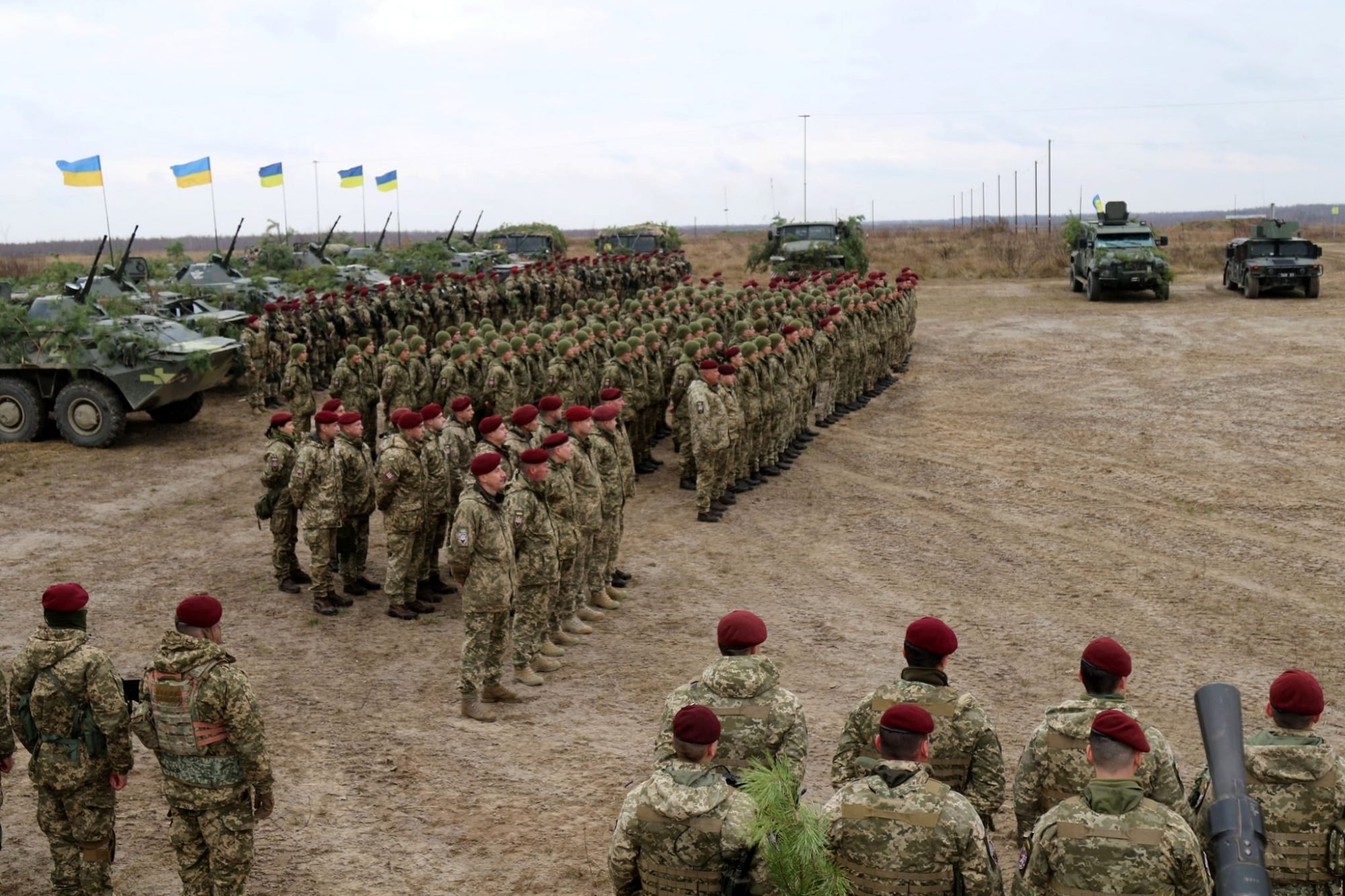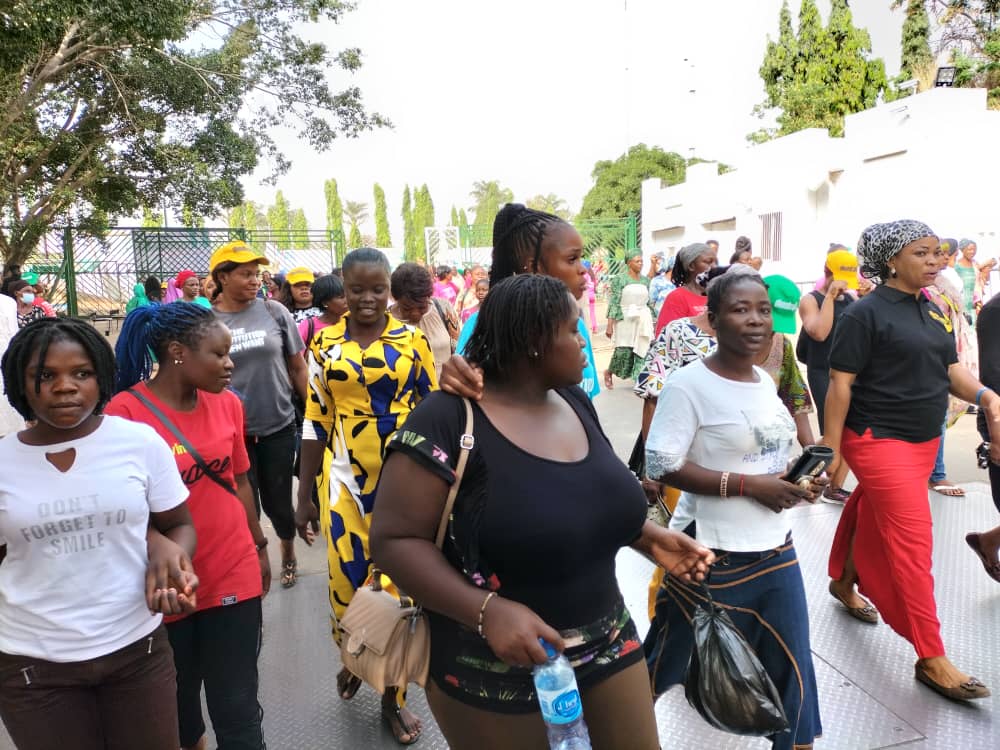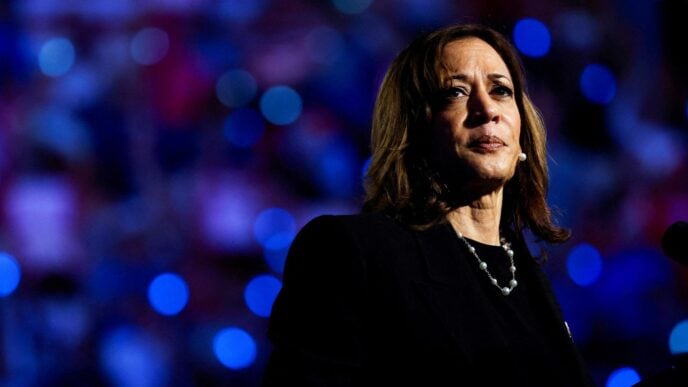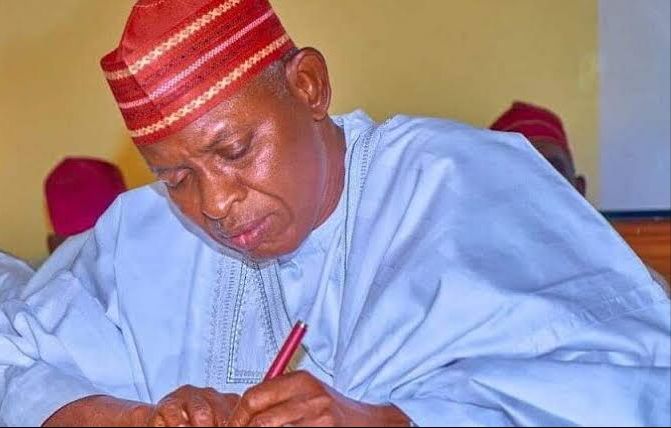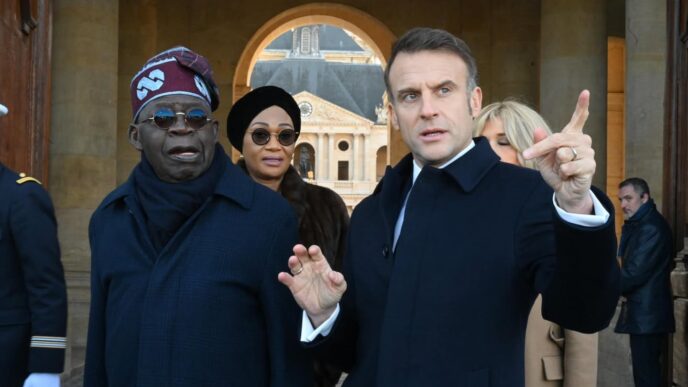Ukraine army
BY EKAINU MELCHIZEDEK AKOUNDU
Proxy wars, a phenomenon in which external powers support opposing sides in a conflict to influence the outcome and advance their strategic interests, have become a defining feature in geopolitics. From the Middle East to Eastern Europe and Africa, these conflicts destabilise regions, cause extremism, and threaten global security.
Proxy wars have been waged for decades. Some medieval states like the Byzantine Empire used proxy war as a foreign policy tool by deliberately cultivating intrigue among rivals and then backing them when they went to war with each other. The Ottoman Empire likewise used the Barbary pirates as proxies to harass Western European powers in the Mediterranean Sea. The prevalence of proxy wars has increased significantly since the Arab Spring. Regional powers and global players, including the United States, Russia, China and Saudi Arabia, have exploited local conflicts to further their interests.
Since the early 20th century, proxy wars have taken the form of states assuming the role of sponsors to non-state proxies and using them as fifth columnists to undermine adversarial powers. This type of proxy involves external support for a faction engaged in a civil war, terrorists, national liberation movements and insurgent groups. An example of this is when the British government partially organised and instigated the Arab revolt to undermine the Ottoman Empire during the First World War.
Advertisement
Since the Spanish civil war, which pitted the fascist political idea of Italy and Nazi Germany against the communist ideology of the Soviet Union without involving these states in open warfare with each other, many proxy wars began assuming a distinctive ideological dimension.
The Cold War era brought about several proxy wars including Angola, Nicaragua and Afghanistan. In Angola, the US and Soviet Union backed opposing factions. In Nicaragua, the US supported contra-rebels against the Sandinista government in the 1980s while the US also backed mujahideen fighters until 1989. In the post-Cold War era, proxy wars persisted as regional factions in the Balkans received support from external powers during the 1990s. The Middle East saw Iran and Saudi Arabia backing opposing groups Iraq and Lebanon.
Proxy wars still exist in the modern geopolitical landscape. These conflicts continue to have devastating effects. The Syrian civil war, ongoing since 2011 is an example of the complex nature of proxy wars. Russia and Iran support the Assad regime, while the US, Turkey, and the Gulf states back various rebel groups. This multilayered conflict has caused immense human suffering, displacement and regional instability. Similarly, the conflict in Yemen, beginning in 2015, has pitted Saudi Arabia and the UAE against Iran-backed Houthi rebels.
Advertisement
In Eastern Europe, the conflict in Ukraine involves Russia-backed separatists and Ukrainian government forces. In Africa, Libya’s ongoing conflict features rival factions backed by external powers. This instability has caused extremism, human trafficking and regional insecurity. The ongoing conflict in Afghanistan, lasting decades, involves the US, NATO, and the Afghan government forces against the Taliban and other extremist groups.
Proxy wars have serious consequences not only on the affected region but also on global stability. The human cost is staggering, claiming countless lives, displacing millions and destroying infrastructure. The Syrian conflict has left millions of people internally displaced, whilst the Yemen conflict has left millions facing famine and cholera. Extremist groups thrive in this chaotic environment. Syria’s conflict has enabled ISIS and Al-Qaeda to flourish, while Libya’s power vacuum has empowered extremist groups. These conflicts disrupt global trade, trigger economic sanctions and increase recession risks. Proxy wars undermine international laws as external powers prioritize interests over humanitarian concerns.
The international community has utilised various strategies to address proxy wars, with mixed results. Diplomatic efforts play a crucial role in promoting dialogue and ceasefires. The United Nations (UN) utilises special envoys, mediation teams, UN security council resolutions and general assembly initiatives. Regional organisations like the European Union (EU), African Union (AU), and Association of Southeast Asian Nations (ASEAN) also engage in conflict resolution. Humanitarian aid also provides essential assistance through organisations like the UN High Commissioner for Refugees (UNHCR), the International Committee of the Red Cross(ICRC), and non-governmental organisations (NGOs).
Economic sanctions aim to curb the influence of the individuals fueling the proxy wars. However, there is doubt over the effectiveness of the sanctions. History has shown that economic sanctions can go wrong, causing harm to the civilian population and strengthening authoritarian regimes. We can look at examples like the sanctions on Iraq in 1990 which led to widespread poverty and humanitarian crises. The long-standing US embargo on Cuba (1960-present). To attain the desired results, sanctions should be carefully targeted, regularly reviewed, and complemented with diplomatic efforts.
Advertisement
Proxy wars pose significant threats to global stability and humanitarian security. The complexities of these conflicts require collective action, diplomatic solutions and international cooperation. The devastating humanitarian consequences of proxy wars are evident with millions displaced and countless lives lost. The international community must deploy different conflict resolution mechanisms to address these conflicts. Humanitarian aid and support for affected populations are also crucial.
Empowering local communities is essential for sustainable conflict resolution. Their intimate knowledge of the conflict’s complexities and ability to facilitate dialogue make them critical actors. Ultimately, addressing proxy wars requires a multifaceted approach that prioritizes humanitarian concerns, diplomatic solutions and international cooperation.
Ekainu Melchizedek Akoundu is an NYSC member at IPCR
Advertisement
Views expressed by contributors are strictly personal and not of TheCable.
Add a comment
